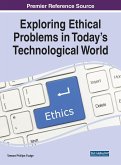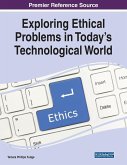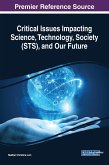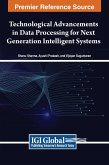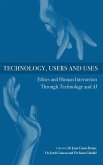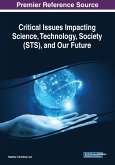In our contemporary era, while diversity is acknowledged, true inclusion remains an elusive goal, as society grapples with multifaceted challenges. The "great resignation" and movements like #MeToo have exposed workplace culture issues, while events like Black Lives Matter protests underscored glaring disparities. Simultaneously, rapid technological advancements introduce new risks, from cyber exploitation to biased AI. These complexities demand innovative solutions that address these challenges, fostering environments of genuine respect, understanding, and collaboration. Applied Research Approaches to Technology, Healthcare, and Business , edited by Dr. Darrell Norman Burrell, emerges as a transformative force. This dynamic anthology presents insights, research, and actionable recommendations from diverse fields and perspectives, taking an interdisciplinary approach to unravel workplace dynamics, health disparities, and technological advancements. Topics include inclusive leadership, equitable technology, bias in AI, and forging collaboration across religious and cultural differences. By harmonizing voices and expertise, this book offers transformative approaches for individuals, educators, and professionals. This rich resource empowers readers to navigate today's societal challenges, equipping them to become architects of a more inclusive, equitable, and harmonious future across technology, healthcare, and business.


